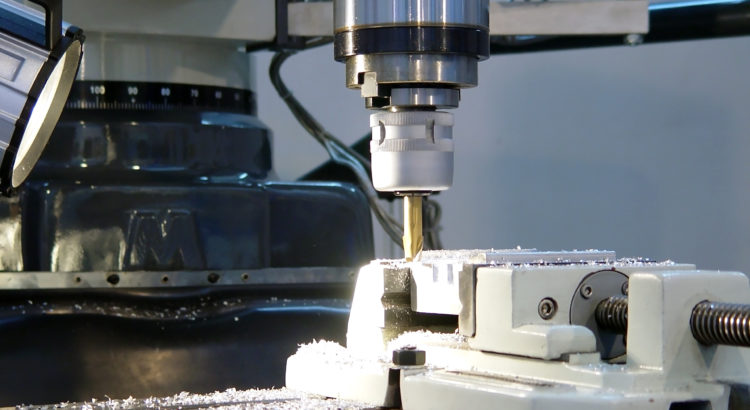Engineers and machinists often work together on a single project across the manufacturing industries. An open communication and awareness about their respective work methods can do wonders. On the other hand, a breakdown in their communication can be disastrous for a project. These two groups are dependent on each other as they work together. Therefore, it can be highly beneficial for the engineers to learn some machining basics:
- Learning about machining helps them to look at the world from both perspectives.
- There will be a better understanding among both groups about the technical details.
- Knowing the design details about the machine will enhance the engineer’s imagination towards its operation.
- It will help to adopt better design principles.
From a designer’s point of view, it is essential to push their limits beyond imagination. Being an engineer and a machinist will help in knowing what can be done and how will it be done. As a result, it will increase the overall efficiency.


